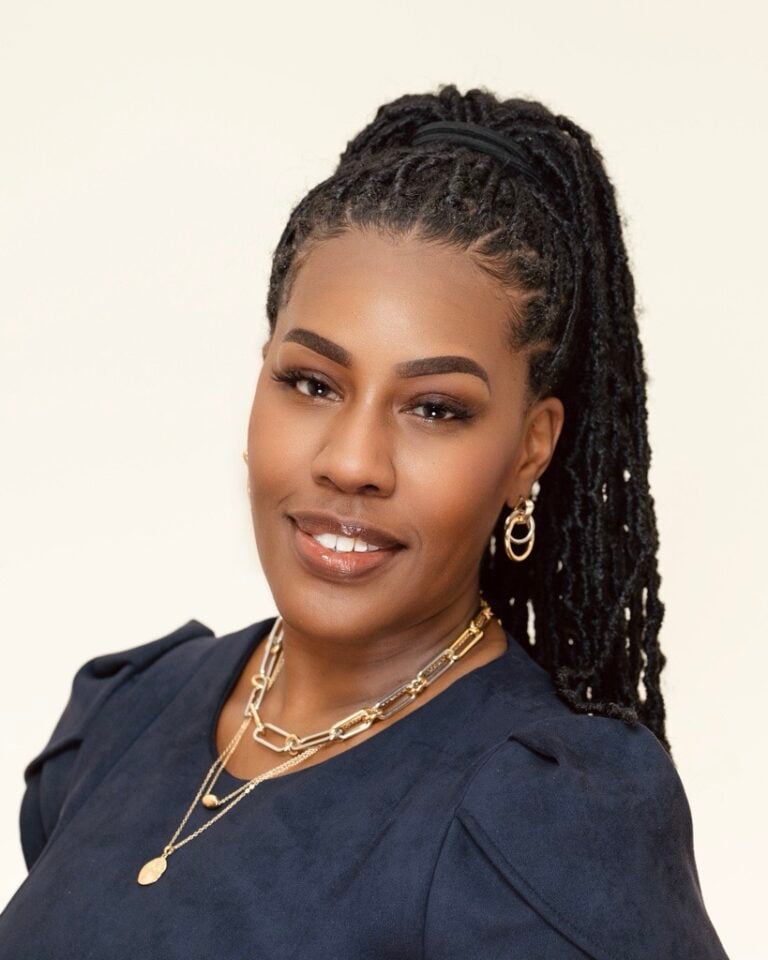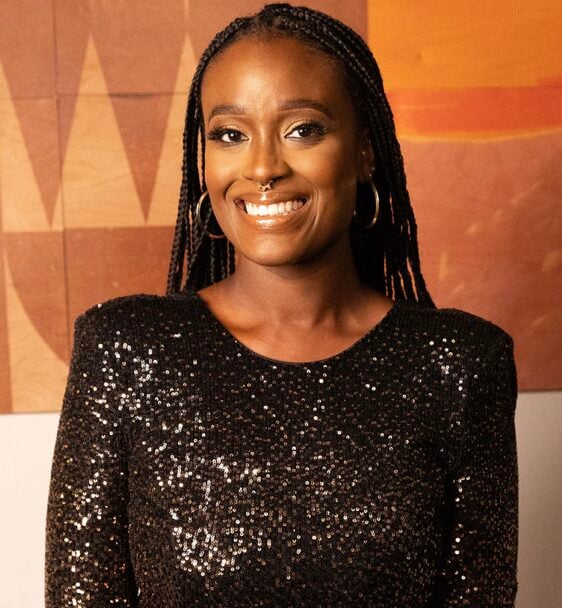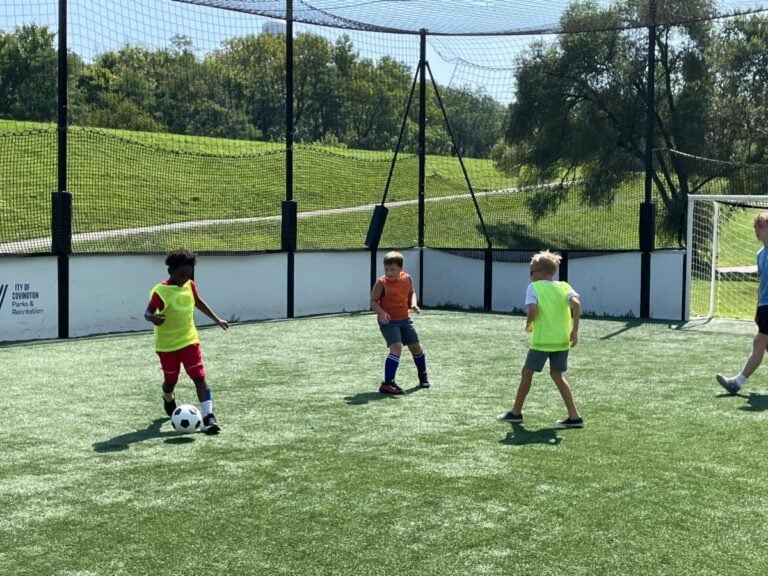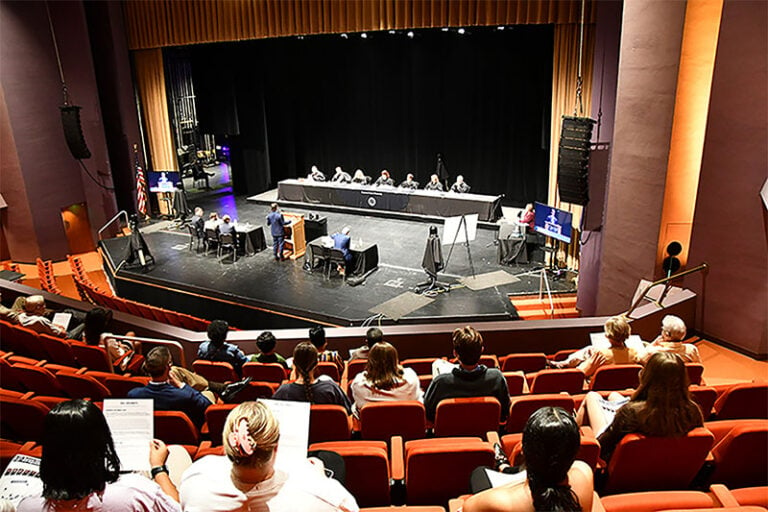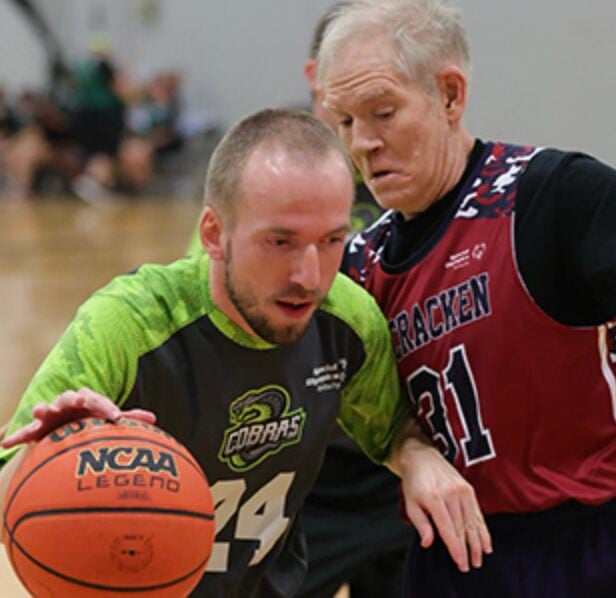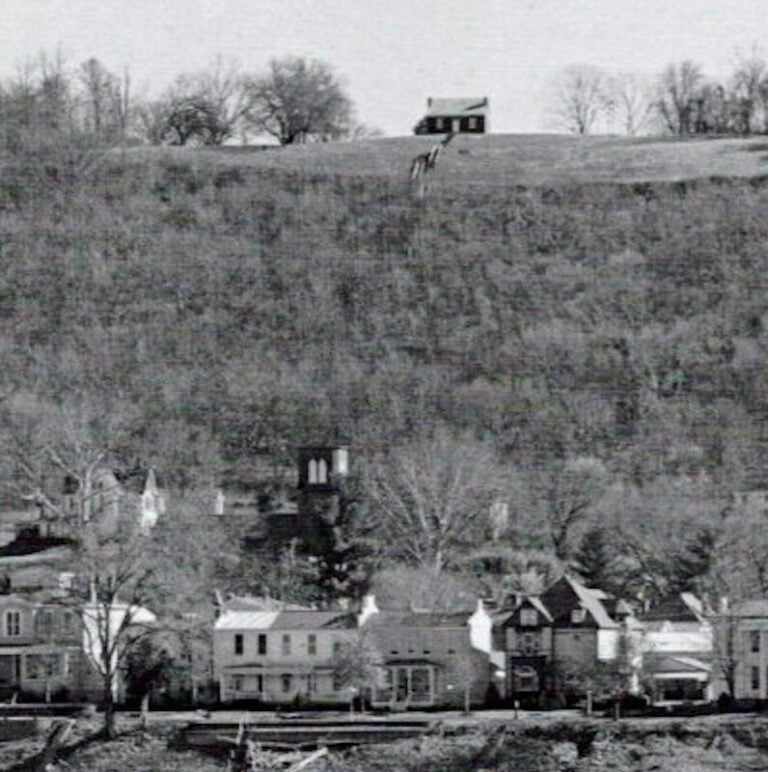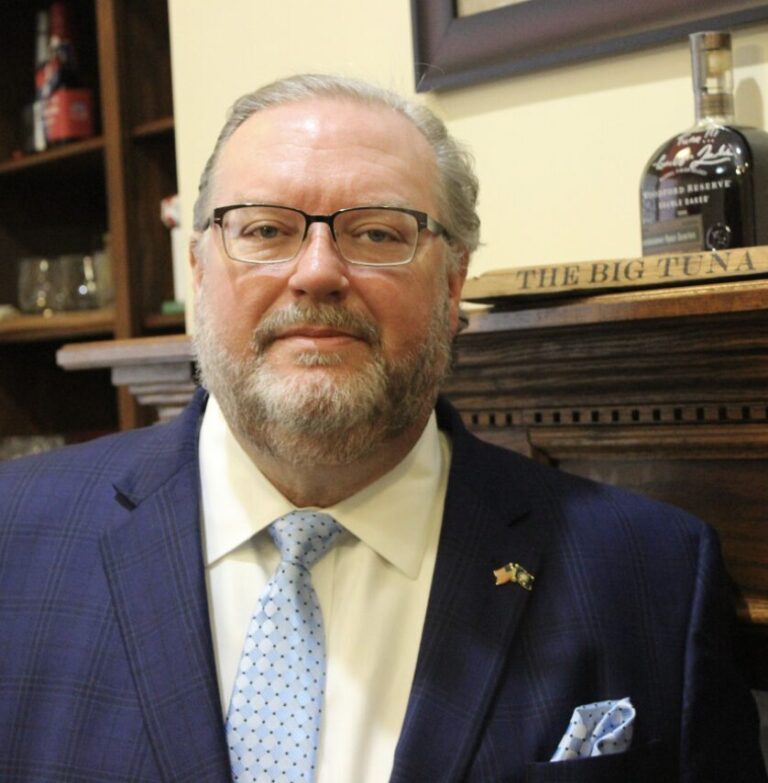I’ll begin with a confession.
I won’t be voting on June 23 in the Kentucky primary which makes it a little odd, I suppose, that I’m urging others to do so.
As a registered independent, I forfeit voting rights in the Kentucky primary, which is closed -– meaning Democrats can vote for Democrats and Republicans for Republicans.
Independents like me get our chance in November, after the party primaries set the table for the general election. As such, I’d like to ask my friends and neighbors in both parties to celebrate the republic on June 23 and vote. I’m depending on you. Everyone is.
Be cautioned, though. This will be different kind of election because this is a different kind of year.
Public health concerns have led our state election officials to lean toward a “vote at home” strategy since polling places often are in the tight quarters of a firehouse, a church basement or a VFW Hall. They don’t adapt well to social distancing. The risk is compounded because poll workers are typically older and as such more susceptible to COVID-19’s ravage. What’s more, voters are older, too. In the 2019 general election, turnout among voters 62 or older was twice the turnout among voters 24 or younger.
So for public health reasons, be safe, be heard and vote at home.
Not that you must. You can still vote in person although counties generally will have far fewer places to vote and in many cases only one. Also, you will need to make an appointment. Voting from home, in contrast is easy. Step one, go to the website govoteky.com. Step two, click on “Absentee Ballot Request.” Step three, fill in the blanks. Have your driver’s license handy. You’ll need it for identification.
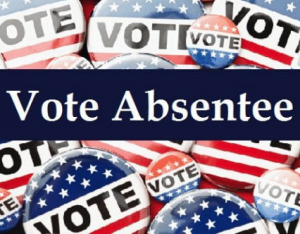
I did it just to see how it worked. It’s a five-minute process, easier than ordering from Amazon. Unlike most of you, I won’t get a ballot sent to my house to mark and mail back, using the prepaid envelope. Instead, I’ll receive an email telling me that, as an independent, I’m not an eligible voter in the primary. Requesting a ballot now was good practice for November when the stakes will be high as our nation decides whether to re-elect or replace a sitting president.
All of us need to get educated in this new way of voting that COVID-19 has brought to our doorstep. The great worry among those who care about such things, which should be all of us, is that too few people will vote and, once again, Northern Kentucky’s voice will be diminished in Frankfort and Washington.
We have a well-earned reputation for not voting. Boone, Campbell and Kenton counties all recorded turnout rates of 15 percent or less in 2018 and 2019 primaries. Kenton County’s rate in 2018 was a lowly 10.6 percent. Even with looming pestilence, there may have been more people at my Home Depot last weekend buying petunias than turned out for that election.
We pay a high price for our electoral indolence. Were Northern Kentucky a city, which it sort of is, it would be larger than Lexington, with 394,000 people versus 323,000 people. Yet which community has the greater voice in the state and national capitols? We cede our voice when we don’t vote. If you wonder why it is so hard to get a new interstate bridge while other regions get theirs, look no further than our voter turnout.
We can change that on June 23.
If we are to change it, then we will have to do so together. The Northern Kentucky Chamber of Commerce has been hosting an informal GOTV – that’s for Get Out the Vote – dialogue, with other community voices at the table, including Northern Kentucky University, where I work. The group asked the Northern Kentucky Forum, which is committed to civil, civic dialogue, to host a virtual town hall this Wednesday, June 3, from 2 p.m. to 3 p.m. The intention is to inform the public on changes in how we’ll be voting.
The Forum’s guests will be Secretary of State Michael Adams, state Board of Elections Chair Ben Chandler, and Kenton County Clerk Gabrielle Summe, who is the chief election officer in Northern Kentucky’s largest county and a leading voice in the state for finding a way to vote that is secure, minimizes risk to public health and provides equal access for all to vote.
There is understandable concern about the changes in how we’ll vote. In the end, either system, in person or by mail, is corruptible but the corollary is that either system can also be made secure and relatively fraud-free.
That is what, in my observation, state election officials have been spending their efforts and energy to accomplish in recent weeks. I’m fond a passage Secretary Adams has on his state website: “In our elections, let’s make it easy to vote and hard to cheat.”
What an excellent compass to guide the changes.

The Northern Kentucky Tribune and WCPO 9 have agreed to be media partners with the Forum for the virtual town hall. While none of the partners wants to tell you how to vote, we do hope you’ll vote and encourage others to do so.
Together, we can change the narrative. Imagine that, if on June 23, Northern Kentucky was the region that led the state in voter turnout. Our amplified voice would not be so readily ignored.
So, neighbors, let’s do this: Be safe. Be heard. Vote at home.
Mark Neikirk is the executive director of the Scripps Howard Center for Civic Engagement at Northern Kentucky University and a board member of the Northern Kentucky Forum. You can join the virtual town hall on June 3 at 2 p.m. at this link https://nku.zoom.us/j/94466739247







